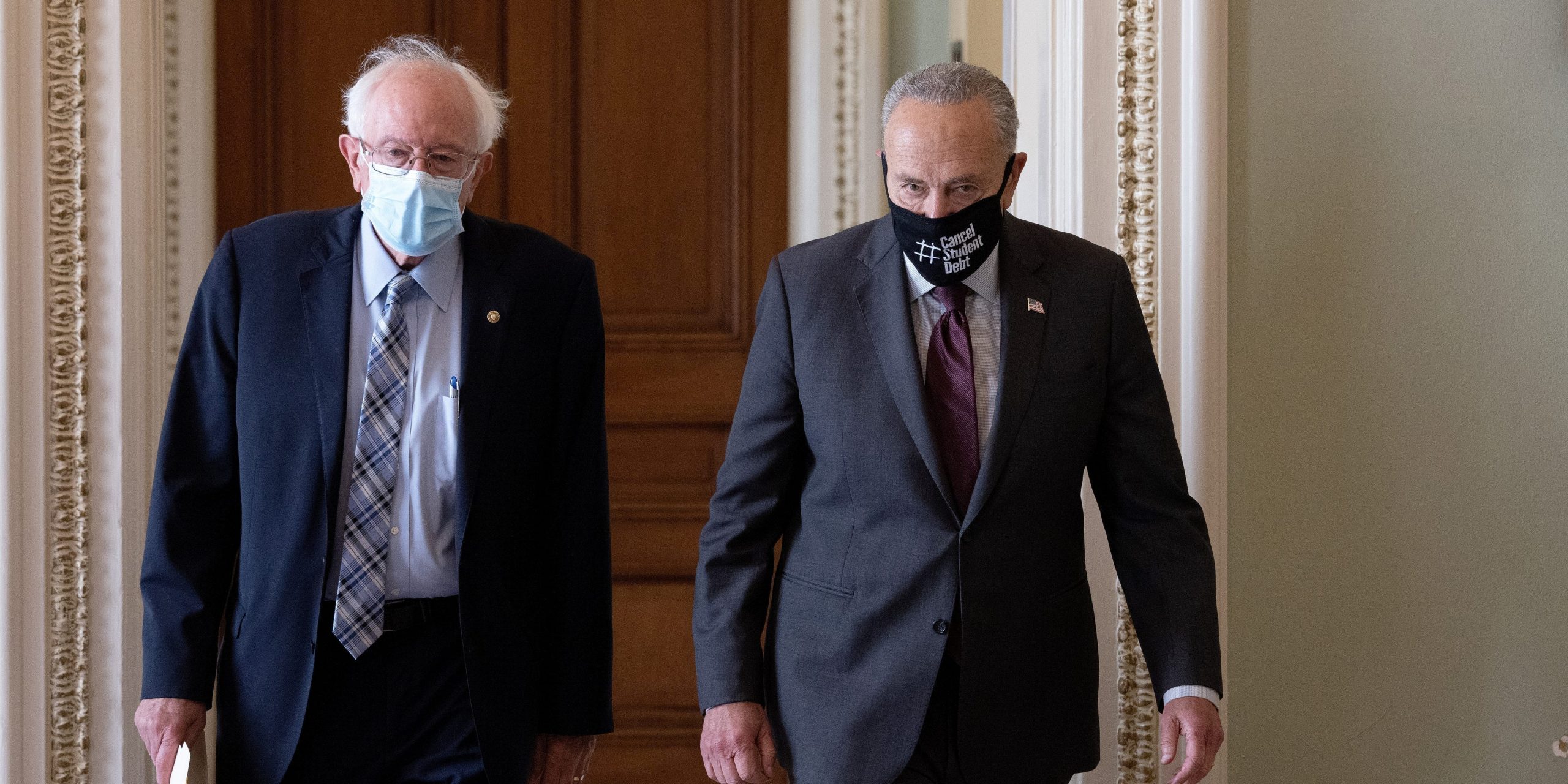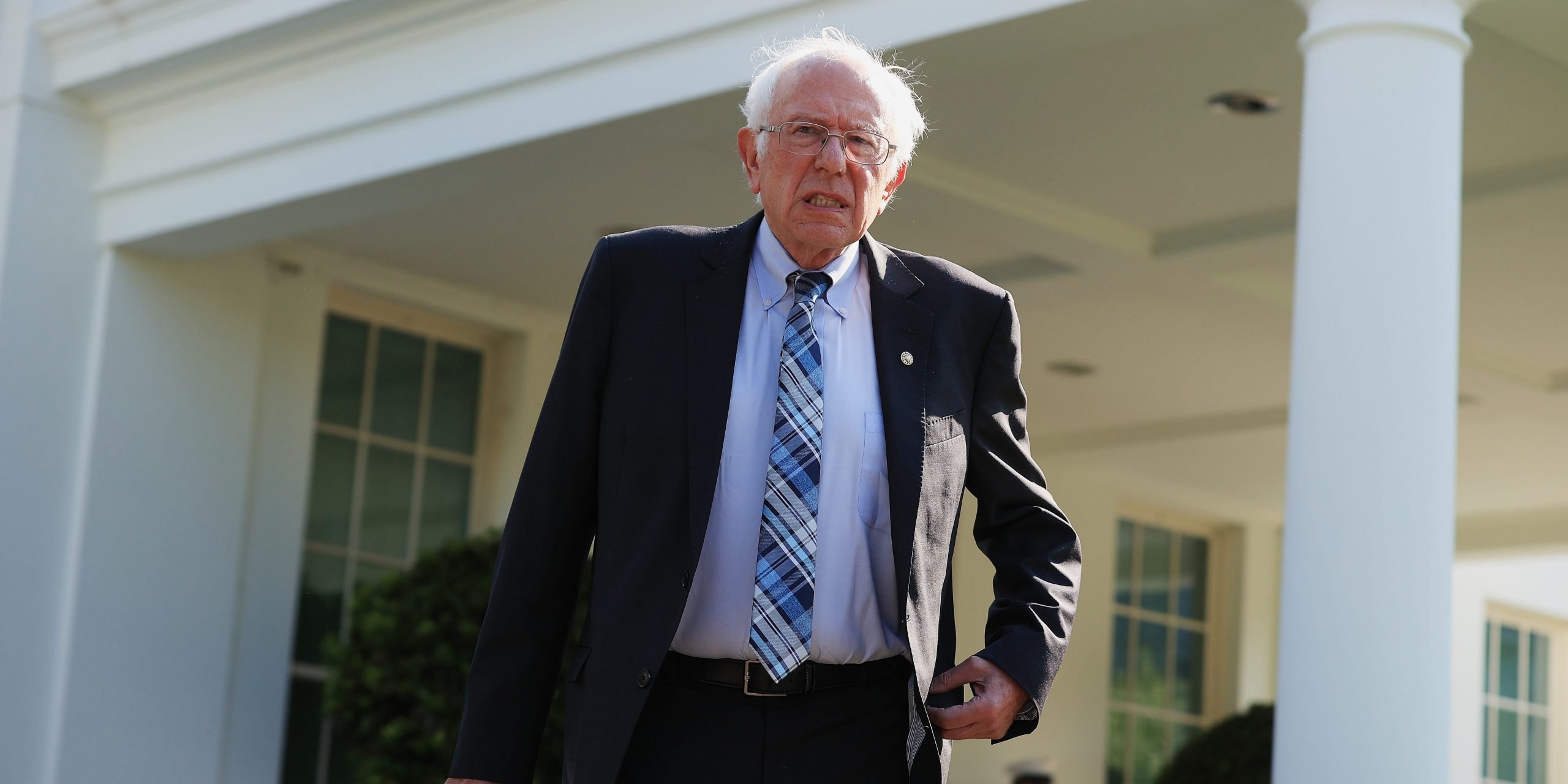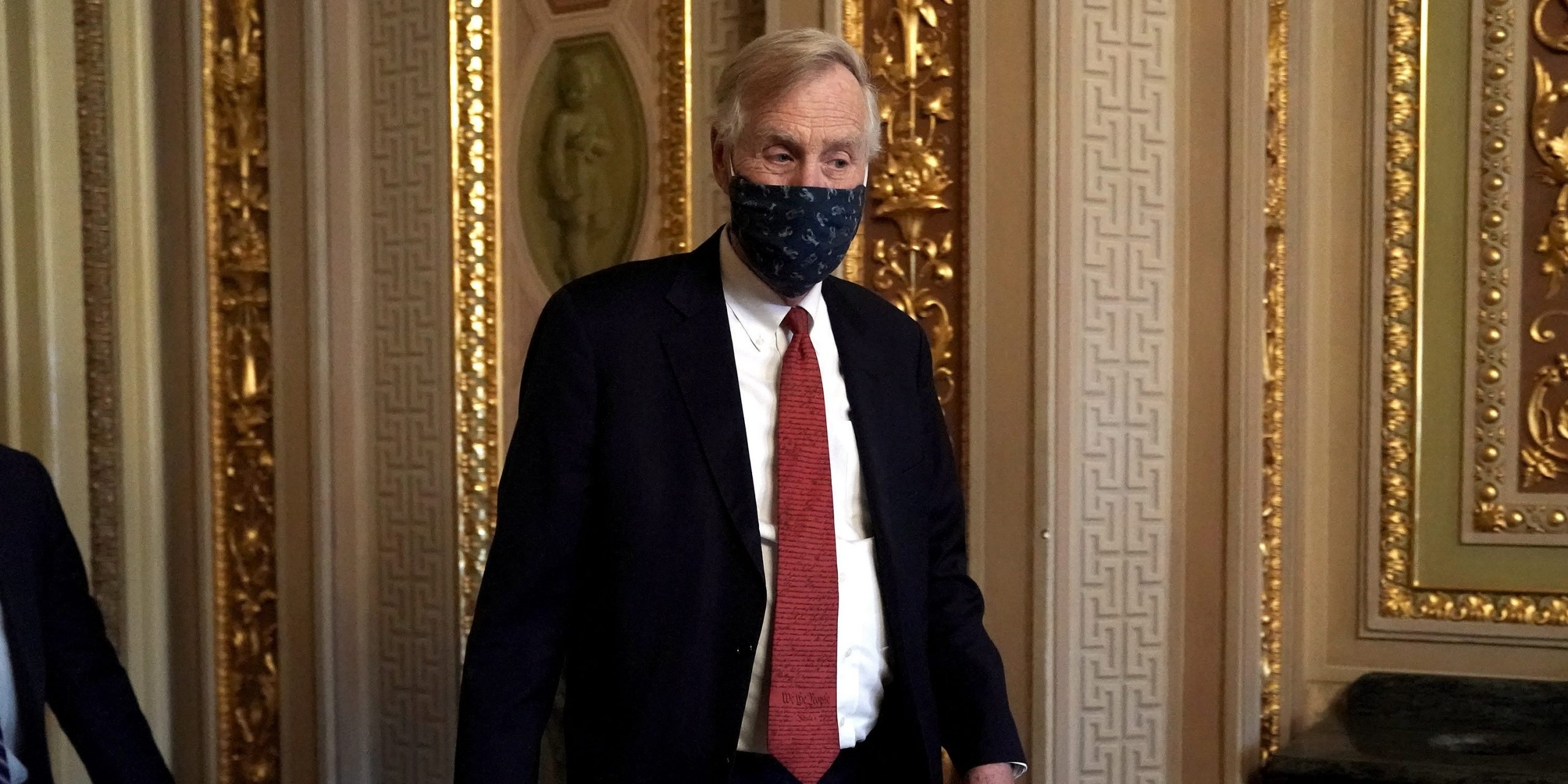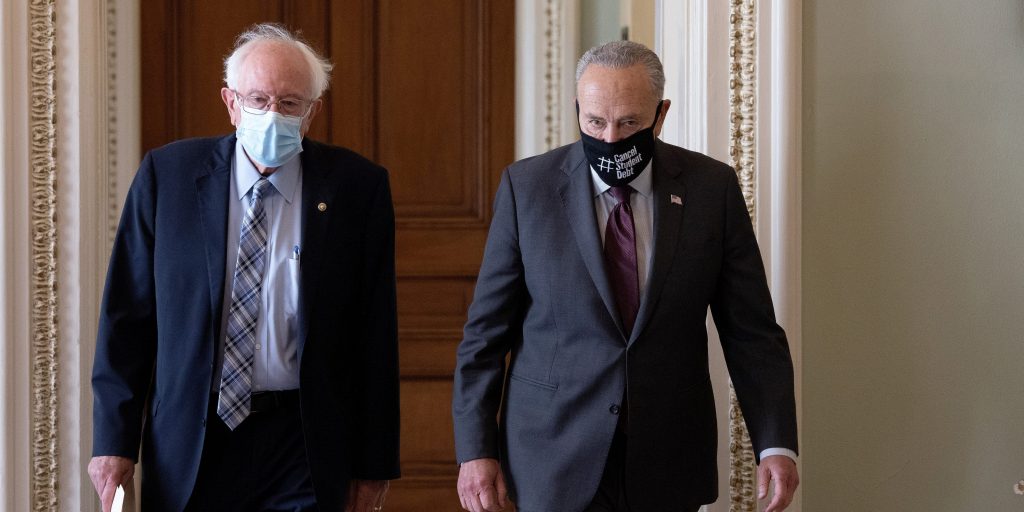
Win McNamee/Getty Images
- Democrats must decide soon whether to renew stimulus aid like federal jobless benefits.
- The Delta variant is surging, threatening the recovery and reminding the country that the pandemic isn't over.
- But efforts to extend the help may crash into resistance from Democratic moderates like Joe Manchin.
- See more stories on Insider's business page.
President Joe Biden promised a "summer of freedom" as Americans underwent mass vaccination, lockdown restriction were lifted, and the pandemic was put in the rearview.
The Delta variant is challenging that narrative more and more by the day. The only problem is that much of Biden's $2 trillion stimulus in March, designed as another shot of pandemic relief, is set to expire in September. The Biden administration was counting on getting the pandemic under control, but it's far from over – and Democrats on Capitol Hill have a choice to make on whether to extend stimulus measures.
One of those is the federal boost to unemployment, which 26 states have already moved to end before September (although several have seen that reversed in court). Asked whether federal unemployment benefits could be renewed,
Sen. Bernie Sanders, chair of the Senate Budget Committee, told Insider "it's a work in progress, there are a lot of moving parts."
Indeed, that reflects competing views within the Democratic caucus. as Sen. Ron Wyden is all for an extension of stimulus, while moderates, like Sen. Joe Manchin of West Virginia, are skeptical.
Here's where things stand on stimulus lasting into the fall.
A sharp drop in poverty

Chip Somodevilla/Getty Images
The decision to extend stimulus benefits comes as Democrats are kicking off efforts to renovate the nation's social safety net with $3.5 trillion in new spending. It's advancing through an arduous process known as reconciliation. That procedure allows passage of budget bills with only a simple majority of 51 instead of the 60 votes typically needed in the Senate.
Democrats will be able to sidestep what's likely to be unanimous GOP opposition, but only as long as all 50 of their senators band together, with a tie-breaking vote from Vice President Kamala Harris. It will test Democratic cohesion going into the fall, as rifts start to emerge over the size and scope of a federal expansion. A single defection in the Senate and only three in the House could derail the plan.
During the pandemic, stimulus provisions including enhanced unemployment, an expanded child tax credit, and bulked-up food stamps contributed to a sharp decline in poverty, per a recent analysis from the Urban Institute. Researchers projected the poverty rate would fall to 7.7% this year - half the level it was in 2018.
Democrats' current blueprint would expand Medicare so it provides dental, vision, and hearing coverage. It would also set up a national paid family and medical leave program as well as tuition-free community college, and initiatives to combat the climate crisis - paid for with a range of tax hikes on the wealthiest Americans.
Sen. Ron Wyden of Oregon is all in on renewing jobless aid. Other Democrats said it was possible some jobless aid may be extended, but not all.
"I don't see it as likely that Congress will extend the enhanced benefit," Sen. Tim Kaine, another Budget Committee member, said in an interview, referring to the $300 weekly supplement. "But I think there is some reason we need to be talking about the extra weeks and particularly this expanded universe, the gig workers. I definitely think that's worth a discussion."
"I'd like to figure out a way to build a permanent unemployment system for gig workers," Sen. Mark Warner of Virginia told Insider. "I think that was perhaps one of the most important things we did in the first [stimulus] bill. I think we have some more work to do there."
Kaine said that the food stamp measure would be "on the table" as well.
Indivar Dutta-Gupta, co-executive director of the Georgetown Center on Poverty and Inequality, described as "a once-in-a-generation opportunity to reshape the American economy and dramatically bolster the working and middle class."
He added that Democrats "have to consider what foundations they're laying that can be built upon going forward, which burdens faced by the vast majorities of families they will address and how they can show tangible improvements for the vast majority of Americans."
Democrats are entering early discussions about the outline of the bill. But Sanders said cutting poverty would be a "major focus" of the spending plan. "This is the richest country on Earth - we cannot have children living in extreme poverty," he told Insider, referring to renewing the expanded child tax credit. It's unclear whether it would be extended until 2025, as Biden wants.
Potential resistance from Democratic moderates

Greg Nash/Pool via REUTERS
However, molding a blueprint into legislation that can draw unanimous support from Senate Democrats is poised to be a perilous venture. Already, at least two key Democratic moderates - Sens. Joe Manchin of West Virginia and Kyrsten Sinema of Arizona - are signaling they can't support a $3.5 trillion price tag.
In addition, some moderates are strongly indicating they would oppose renewing measures like federal jobless aid. "I'm done with extensions, the economy is coming back," Manchin recently told Insider.
Other Democrats are also wary about backing a renewal of jobless aid for gig workers and the long-term unemployed. Right now, there's something like 8 million unemployed people and 10 million open jobs," Sen. Angus King of Maine said in an interview. "In my state, there's a huge labor shortage."
King mentioned he had received a letter from a restaurant owner who was forced to close his business because he couldn't hire new workers. "Extending those benefits at a time when we need people in the labor market, I'm not sure is good policy," he said.
Sen. Jeanne Shaheen of New Hampshire also struck a similar tone and described a "workforce shortage" in her state, which has an unemployment rate nearing pre-pandemic levels. "There are a lot of jobs out there everywhere I go," she told reporters. "I understand there are openings and hopefully people can get back in the workforce."
Dutta-Gupta said the federal government's response to the pandemic last year was robust, noting that the stimulus packages were much larger compared to other wealthy nations. But lawmakers are at risk of making mistakes, he said.
"Rather than learning from those lessons and responding to the reality we had an extraordinarily weak system of social protection entering the pandemic, policymakers are setting up the American people for gratuitous hardship going forward," he said.
Dit artikel is oorspronkelijk verschenen op z24.nl

